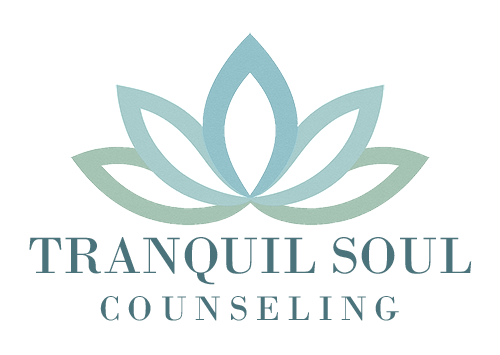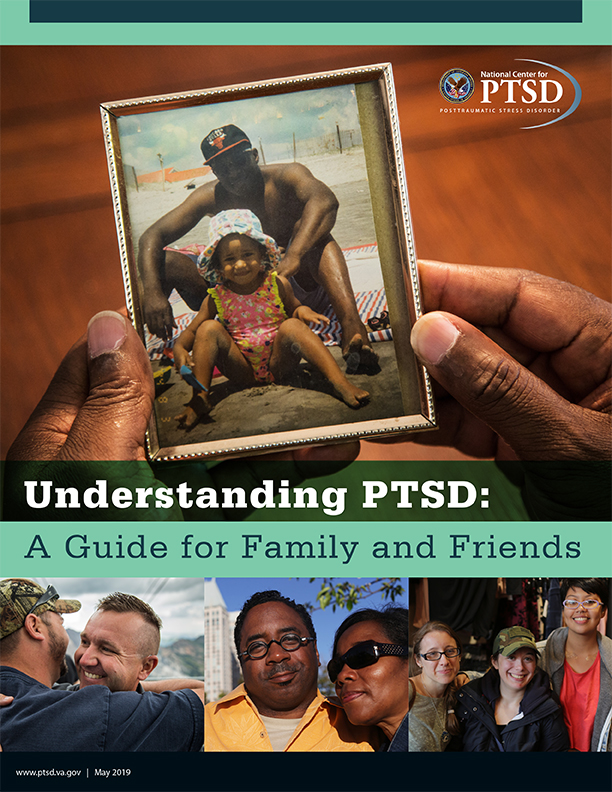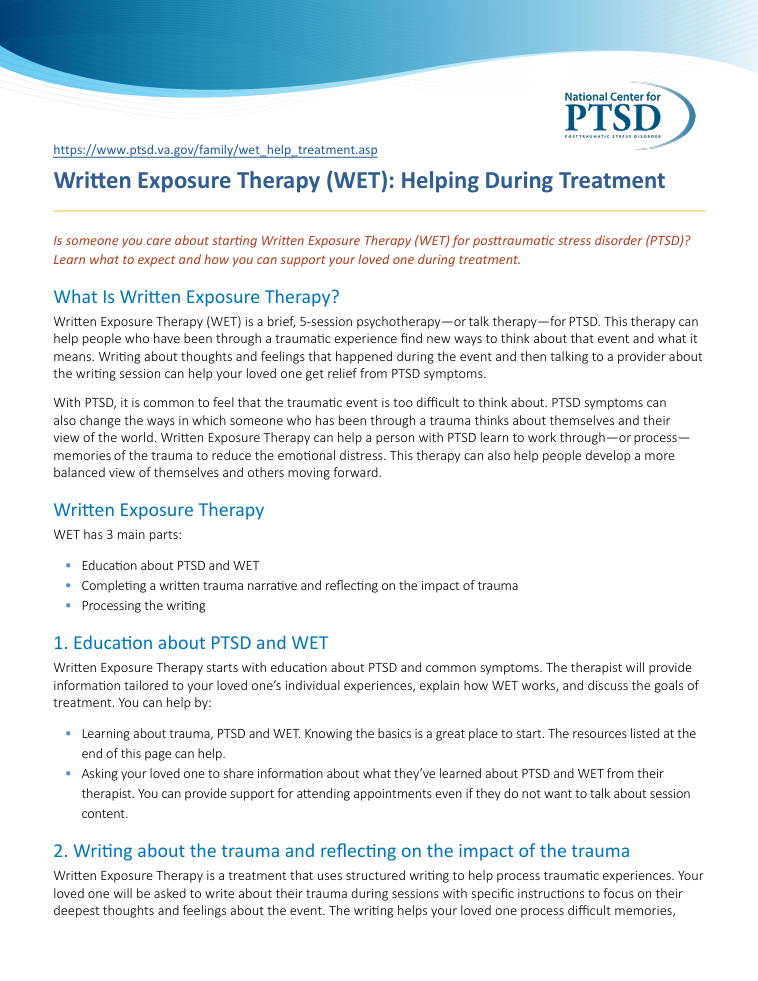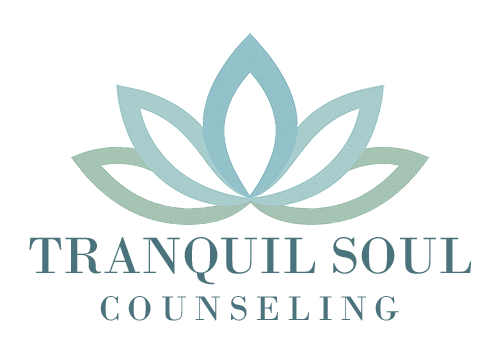Information about post-traumatic stress disorder (PTSD) including what it is, who develops PTSD, symptoms, treatment options, and how to find help.
Trauma + PTSD

Trauma may shape your story, but it doesn’t have to define your future.
Counseling for Trauma
When we experience trauma—whether it’s a single event or something that’s happened over time—it can leave deep imprints on our body and mind. You might feel stuck in the past, hyper-aware of danger, or cut off from your sense of self. But healing is possible, and you don’t have to do it alone.
Healing from trauma requires more than just time—it requires tools that are proven to work. I use evidence-based approaches such as Accelerated Resolution Therapy (ART), Written Exposure Therapy (WET), Narrative Exposure Therapy (NET), and trauma-informed care to help individuals process difficult experiences safely and effectively.
These methods are grounded in research and tailored to meet your unique needs, allowing us to work together toward lasting change, restored balance, and a renewed sense of self.
Approximately one in 11 people will be diagnosed with PTSD at some point in their lives, highlighting the importance of trauma-informed therapy. As a Certified Clinical Trauma Specialist, I have received specialized training in trauma and PTSD, and I continue to pursue ongoing education to maintain my certification and stay current with the latest treatment approaches. This ensures that I am well-equipped to provide the most effective and compassionate care for individuals experiencing trauma.
Seeking counseling for trauma or PTSD is a crucial step towards healing and recovery.
The VA/DoD PTSD Clinical Practice Guideline for Posttraumatic Stress Disorder recommends treating PTSD using individual trauma-focused psychotherapy over medications based on the current state of the PTSD treatment research. Two recent reviews of research compared the treatment effects of psychotherapies and pharmacotherapies. “The results showed that trauma-focused psychotherapies lead to greater improvement in PTSD symptoms than medications, and that these improvements last longer. In addition, the risks for negative side effects or negative reactions are generally greater with medication than with psychotherapy.”
What to Expect:
Trauma recovery is not about “getting over it” or forgetting—it’s about creating safety, connection, and new meaning in your life.
-
- A Safe, Grounded Environment
You’ll have a space to share (or not share) at your own pace. Your comfort and sense of safety always come first. -
Evidence-Based Healing
I draw from trauma-informed practices like ART, WET, mindfulness, and somatic techniques to help your body and mind find balance. - Honoring Your Story
We’ll explore how past experiences are impacting you now—emotionally, mentally, and physically -
Reconnecting with Yourself
Trauma can disconnect us from our sense of self. Together, we’ll work to help you feel more at home in your own skin and life. -
Empowerment and Choice
Healing is not about reliving trauma—it’s about reclaiming your sense of agency and possibility.
- A Safe, Grounded Environment

Resources for Understanding Trauma & PTSD
Understanding PTSD: A Guide for Family and Friends
What you need to know to help yourself and your loved one with PTSD.
Written Exposure Therapy (WET)
Is someone you care about starting Written Exposure Therapy (WET) for posttraumatic stress disorder (PTSD)?
Learn what to expect and how you can support your loved one during treatment
PTSD Family Coach
PTSD Family Coach is an app that provides support for concerned family members of those with PTSD.
The app can help you learn about PTSD, how to take care of yourself, and how to manage your relationship with your loved one or children. PTSD Family Coach also has information on how to help your loved one get the treatment they deserve.
Features include:
- Information about PTSD and how it affects those who care about someone with PTSD.
- Tips to help families better support a loved one with PTSD, and themselves. The app includes information on how to find counseling.
- Facts about counseling for individuals or couples managing PTSD in a relationship.
- Tools to help family members manage stress.
- Self-created support network of people to connect with when in need
PTSD Family Coach was designed as a standalone tool to help you learn about PTSD and access resources to help support a loved one with PTSD. This app has tools to help you manage stress and find support when you need it most.
PTSD Coach
The PTSD Coach app can help you learn about and manage symptoms that often occur after trauma. Features include:
- Reliable information on PTSD and treatments that work
- Tools for screening and tracking your symptoms
- Convenient, easy-to-use tools to help you handle stress symptoms
- Direct links to support and help
- Always with you when you need it
Providing you with facts and self-help skills based on research.
Together with professional medical treatment, PTSD Coach provides you with resources you can trust. If you have, or think you might have PTSD, this app is for you. Family and friends can also learn about PTSD and coping from this app.
Research studies have shown that PTSD Coach can reduce PTSD symptoms, especially when used as part of therapy. The app may also help with symptoms of depression. PTSD Coach is not meant to replace professional care.

Therapeutic Approaches to Treating Trauma
-
-
Accelerated Resolution Therapy (ART)
Accelerated Resolution Therapy (ART) is an evidenced-based, efficient therapy for PTSD and other psychiatric conditions. It is derived from Eye-Movement Desensitization and Reprocessing (EMDR). -
Flash Technique (FT): a gentle, evidence-based approach designed to reduce the emotional impact of traumatic or distressing memories. Flash Technique does not require you to directly recall or talk about the painful experience. Instead, it works by allowing your brain to process these memories in the background—often without triggering distress—making it a more comfortable and less overwhelming path to healing.
-
Written Exposure Therapy (WET)
Written Exposure Therapy (WET) is recommended as a first-line treatment for PTSD in the VA/DoD Clinical Practice Guideline for Managing PTSD and it is listed as an emerging recommended treatment in the International Society for the Study of Traumatic Stress (ISTSS) guideline. - Narrative Exposure Therapy (NET)
an evidence-based treatment for PTSD that involves creating a written autobiography of a person’s life, including traumatic events, to help integrate those experiences and reduce PTSD symptoms.
-






